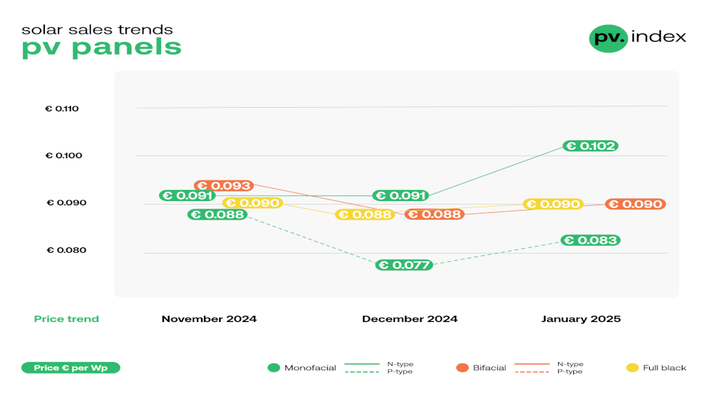The proposals, which are scheduled for cabinet review, include amendments to the Energy Law, the Cybersecurity Law, and the Public Procurement Law. These measures are intended to ensure that households and businesses maintain reliable electricity access during unexpected disruptions.
EIB chief on North Macedonia: “Green finance is a strategic opportunity”
Lessons from the Iberian blackout
The initiative follows a major outage on the Iberian Peninsula on 28 April, which brought into focus the vulnerability of modern power systems to large-scale disruptions. Industry observers noted that the incident underscored the critical importance of uninterrupted electricity for modern societies. While a preliminary report from the European Network of Transmission System Operators for Electricity (ENTSO-E) on the causes and course of the outage is expected in October, early findings have already guided Poland’s Ministry of Energy and PSE in shaping proposals to bolster national system resilience.
Key measures for grid protection
The Ministry of Energy has emphasised that the proposed anti-blackout package includes legislative changes to bolster the grid against outages and cyberattacks. The initiative aims to mitigate risks such as those seen in Spain and Portugal by reducing the likelihood of similar incidents. According to the ministry, the measures are designed to ensure a reliable electricity supply for households and businesses, even in the face of unexpected disruptions.
Robert Janickas of Inion: “Blackouts are a lesson learned for flexibility”
The legislative package is part of broader efforts to secure Poland’s long-term energy future, particularly as the country transitions from fossil fuels to renewable energy. Ensuring a crisis- and disruption-proof energy supply is seen as essential for energy sovereignty and the sustainable development of the national grid. The government stressed that these measures will lay the foundation for a resilient and secure energy system for citizens and businesses alike.
Strengthening resilience for social and economic stability
Recent power outages in Spain and Portugal have highlighted the fragility of even seemingly robust power grids, with restoration taking several hours in some instances. The Polish grid operator has indicated that its measures are aimed at bolstering supply resilience to help safeguard both economic stability and social security. The ministry underscored that grid resilience remains essential for enabling decentralised renewable generation, fostering the integration of new technologies, and protecting national energy infrastructure from physical and cyber threats.
Solar Macedonia president: “Quality standards are key to sector growth”
Six reform areas in focus
The anti-blackout package addresses six key reform areas:
1. System management: Introducing incentives to align electricity generation with real-time demand, standardising operational plans for grid-connected facilities, and boosting participation in the balancing energy market.
2. Local share: Mandating a minimum proportion of locally produced ICT equipment and solutions in electricity-sector procurement to enhance supply chain control.
3. Cybersecurity: Requiring certification for grid-connected equipment, implementing continuous monitoring for large facilities, and embedding security-by-design principles in all infrastructure projects.
4. Operator independence: Strengthening the oversight role of the Government Commissioner for Strategic Energy Infrastructure in grid development and operations.
5. Grid connections: Streamlining connection processes to support technologies aligned with national energy policy and ensuring the efficient use of public resources.
6. Prosumers: Simplifying connection rules for prosumers and ensuring operators have full oversight of prosumer facility operations.
Towards a secure energy future in Poland
The measures are intended to enhance the resilience of Poland’s power grid, supporting the integration of decentralised renewable energy generation and improving the security of the electricity supply against potential disruptions, including cyberattacks. By addressing vulnerabilities and aligning with long-term energy goals, the package aims to establish a more robust and sustainable energy framework for the country. (mg)
North Macedonia energy expert on PV: “1.7 GW target is not a ceiling”









